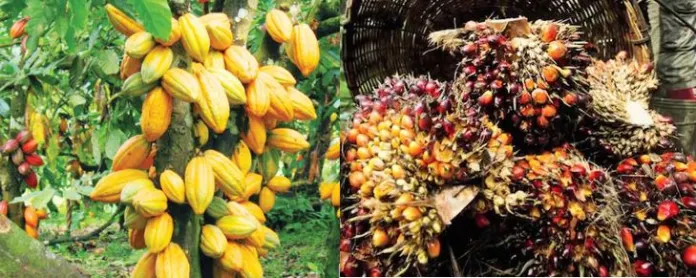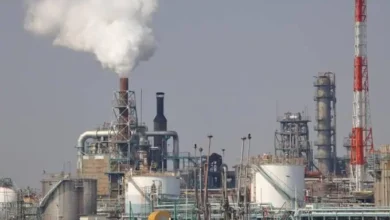Ghana’s Cocoa and Oil Palm Sectors on Edge Ahead of EU Deforestation Regulation Vote
Ghana's Cocoa and Oil Palm Sectors on Edge Ahead of EU Deforestation Regulation Vote

- The European Parliament is scheduled to vote on November 13 and 14, 2024
- This regulation is significant for local companies and organizations
- The EU believes the cocoa sector is better prepared for the EUDR
Ghana’s tree crop sector, particularly the cocoa and oil palm industries, is on edge ahead of a crucial vote by the European Union (EU) Parliament regarding the proposed implementation date for the EU Deforestation Regulation (EUDR).
Originally, the regulation was set to take effect for most companies trading with the EU on December 30, 2024.
The European Parliament is scheduled to vote on November 13 and 14, 2024, which will determine whether enforcement of the law will be postponed or proceed as planned.
This regulation is significant for local companies and organizations placing relevant commodities or products on the EU market. They will be required to demonstrate that their products are deforestation-free and not associated with forest degradation, illegal harvesting, or trade.
The EUDR will impact various sectors, including cocoa, oil palm, cashew, coconut, and coffee. Ghana and Ivory Coast are the world’s largest cocoa producers, together accounting for over half of the global supply—65 percent, with Ivory Coast at 45 percent and Ghana at 20 percent. However, cocoa production has been linked to allegations of deforestation, raising concerns from the EU.
While smallholder associations in Africa and Indonesia express readiness for the December 30 deadline, some stakeholders argue they need additional time or government support to comply. If the EU Parliament approves a delay, traders and exporters may receive an additional year, extending the deadline to January 1, 2026.
Fortunately for Ghana, the EU believes the cocoa sector is better prepared for the EUDR than other commodity sectors, as both Ghana and Ivory Coast have prioritized a national approach and invested in farm traceability for some time.
However, agriculture sector stakeholders are worried that the rise of illegal mining, known as galamsey, could undermine Ghana’s position when the regulation comes into force. Reports indicate that in other countries, such as Honduras, many smallholders remain unaware of the EUDR and are unprepared to comply.





